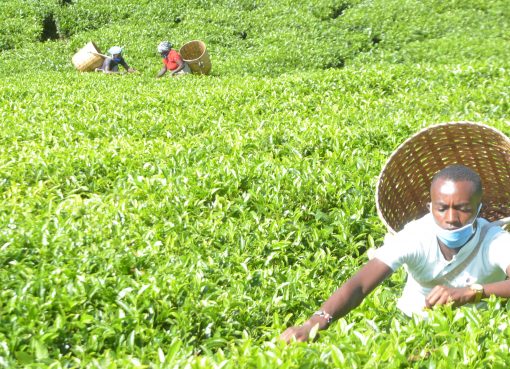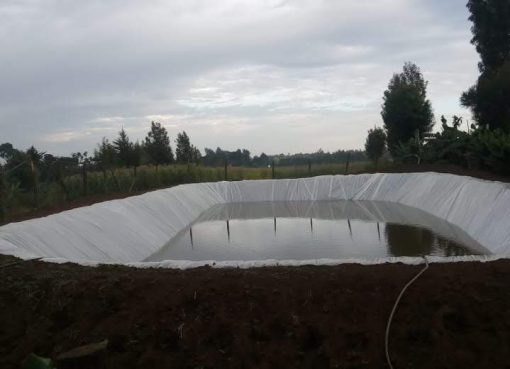The latest survey according to Stanbic Bank Kenya Purchasing Managers’ Index (PMI) has signaled a slight deterioration in Kenyan private sector conditions in September.
The PMI dipped below the neutral mark, after recording a slight recovery in August following disruption to companies caused by protests.
According to a press statement sent to newsrooms, reports of economic challenges for both businesses and households prompted a reduction in sales, leading to a renewed cutback in activity. Positively, the slowdown helped to ease the rate of input price inflation, contributing to only a marginal rise in output prices.
September saw the headline PMI drop below the 50.0 no- change mark, falling to 49.7 from 50.6 in August, to indicate a slight deterioration in the health of the Kenyan private sector economy. The decline followed the first improvement in business conditions for three months in August.
Surveyed businesses registered a slight decline in their activity levels at the end of the quarter, coinciding with a renewed drop in new business intakes.
Further, anecdotal evidence suggested that challenging economic conditions at clients such as reduced cash flow led to lower intakes of work placed at surveyed firms.
That said, the pace of contraction was only marginal, with several panelists continuing to see sales improve amid greater customer turnout, higher investment and a positive impact from marketing.
However, a renewed decline in new business across the service sector coincided with sustained contractions in the agriculture and wholesale and retail segments as manufacturers and construction firms registered higher sales.
“Despite lower demand on average, Kenyan firms reported an expansion in their purchasing activity for the second month running as survey respondents linked the move to the shoring up of stocks amid hopes that sales will strengthen,” read the statement.
Additionally, inventories of inputs rose at a modest pace that was the quickest since May, supported by a slight reduction in average lead times.
Stable workforce numbers were also recorded in September, as firms noted there was little need to hire new staff or replace voluntary leavers.
This was partly due to a softening of capacity pressures, with the survey data indicating little change in firms’ outstanding business after a recent run of accumulation.
In addition, Kenyan firms continued to show a subdued level of confidence towards future activity, with only 4 percent of survey members expecting an upturn over the coming year.
On prices, the September survey data provided hopeful signs of an easing in inflationary pressures at the end of the third quarter.
A softer increase in purchase prices led to the weakest uptake in total business expenses in the current four-month sequence of inflation while the marginal rise in input costs led to a similarly mild uplift in prices charged, as companies with inflated costs generally opted to pass these on to customers.
By Michael Omondi




